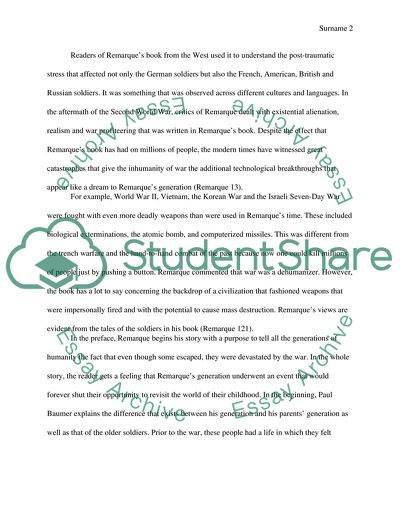Cite this document
(“The Difficulty of Healing in a World of Evil Essay”, n.d.)
The Difficulty of Healing in a World of Evil Essay. Retrieved from https://studentshare.org/english/1700435-the-difficulty-of-healing-in-a-world-of-evil
The Difficulty of Healing in a World of Evil Essay. Retrieved from https://studentshare.org/english/1700435-the-difficulty-of-healing-in-a-world-of-evil
(The Difficulty of Healing in a World of Evil Essay)
The Difficulty of Healing in a World of Evil Essay. https://studentshare.org/english/1700435-the-difficulty-of-healing-in-a-world-of-evil.
The Difficulty of Healing in a World of Evil Essay. https://studentshare.org/english/1700435-the-difficulty-of-healing-in-a-world-of-evil.
“The Difficulty of Healing in a World of Evil Essay”, n.d. https://studentshare.org/english/1700435-the-difficulty-of-healing-in-a-world-of-evil.


